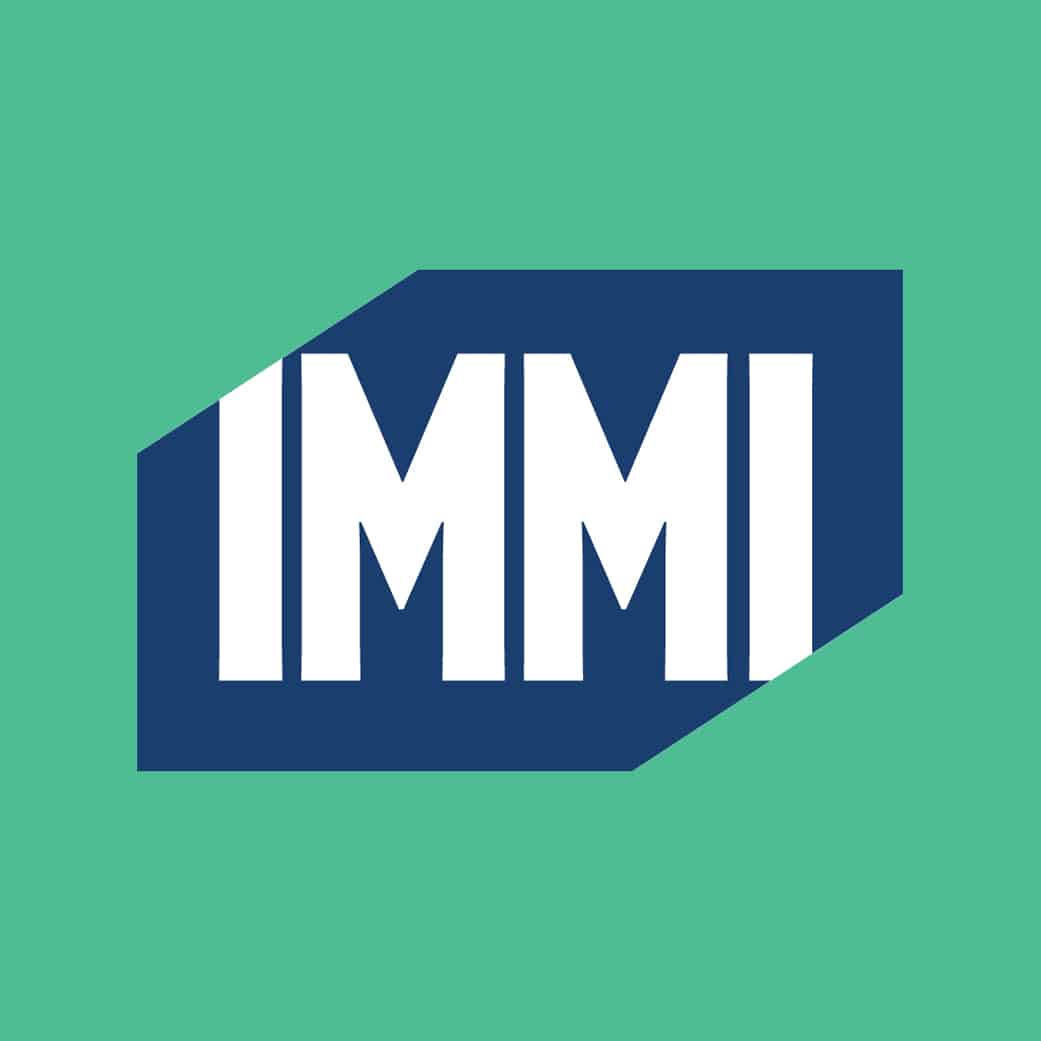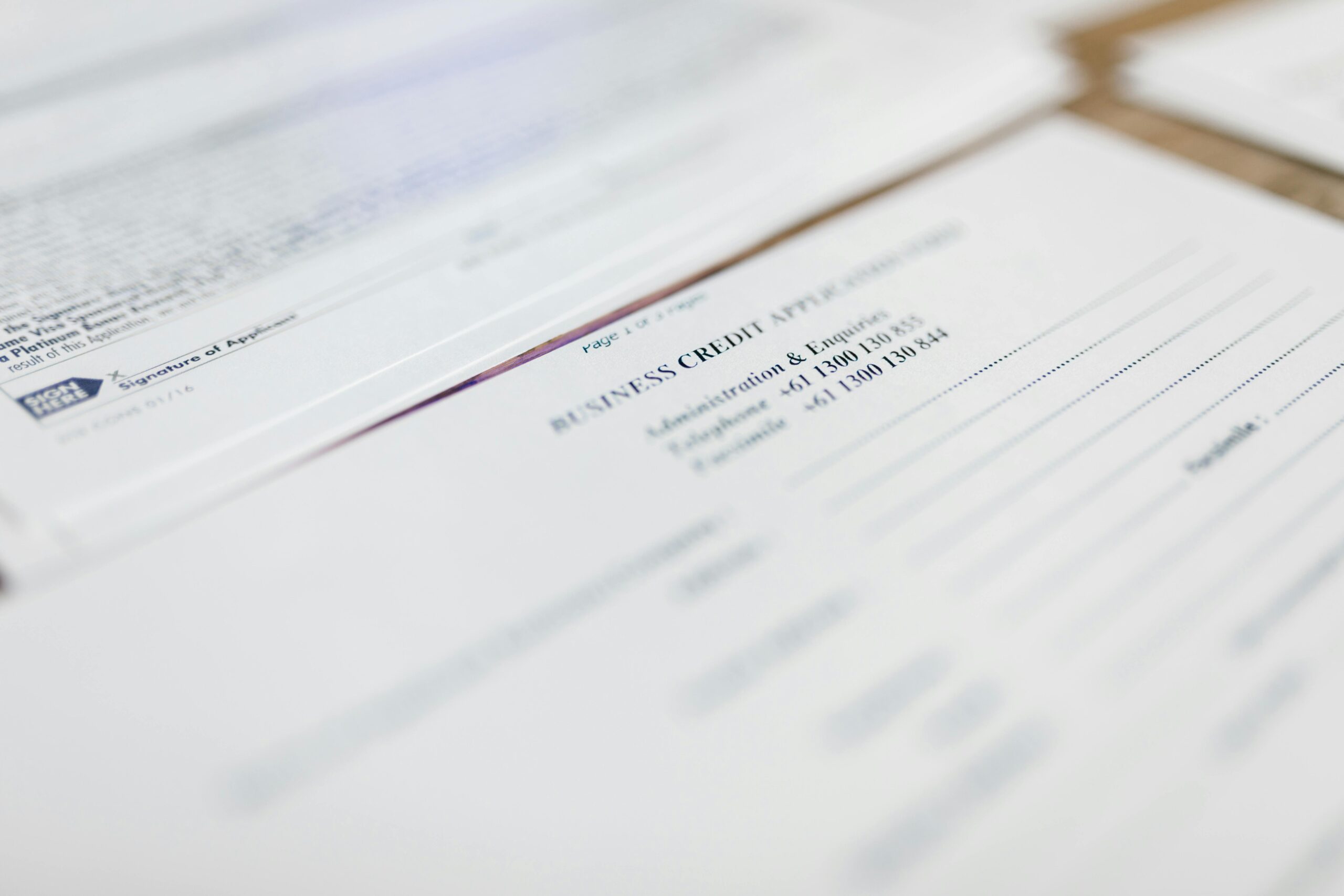In a world where convenience meets innovation, the debate between traditional hard copy driver’s licences and their digital counterparts has gained momentum. This discussion becomes particularly pertinent when considering the translation of your driver’s licence for use in English-speaking countries. Should you opt for the familiar hard copy driver’s licence or embrace the modern digital driver’s licence? This decision is crucial, especially when ensuring the accuracy and acceptance of your translated documents through NAATI Certified Translating. Let’s explore the pros and cons of both options.
The Transition to Digital Driver’s Licences
Digital driver’s licences have emerged as a modern alternative to the traditional hard copy format. These digital versions are securely stored within official government apps on smartphones, containing all pertinent information found on a physical licence, such as your name, date of birth, licence number, and vehicle categories. However, the acceptance and recognition of digital licences vary across countries and organizations.
Hard Copy Driver’s Licence
The hard copy driver’s licence is the tried-and-true physical card issued by the relevant licensing authority. When seeking a translation, individuals with hard copy licences typically submit a scanned or photocopy to the translation service. Once translated through NAATI Certified Translating, a physical copy of the translated document is provided.
Pros:
Universal Recognition: Hard copy licences are universally recognized and accepted.
Ease of Translation: Submitting a scanned copy for translation is straightforward.
Physical Verification: Some organizations prefer physical documents for verification purposes.
Cons:
Risk of Loss: Physical documents can be misplaced or damaged, potentially leading to complications.
Time and Cost: Posting a hard copy for translation may involve delays and additional postage costs.
Digital Driver’s Licence
The digital driver’s licence, accessible through an official government app, offers modernity and convenience. Individuals with digital licences can export or download a digital copy from the app for translation. Once translated through NAATI Certified Translating, a digital version of the translated document is provided.
Pros:
Convenience: Digital licences are easily accessible and stored on smartphones.
Instant Access: Translations can be received electronically without postal delays.
Environmental Benefits: Reduced reliance on paper and postage contributes to sustainability.
Cons:
Limited Acceptance: Some countries or organizations may not yet accept digital licences.
Technical Challenges: Dependence on smartphone battery life and app functionality.
Verification Needs: Certain organizations may require physical documents for verification purposes.
Choosing Between Options for NAATI Certified Translating
When deciding between a hard copy or digital driver’s licence for NAATI Certified Translating, consider the following factors:
Acceptance: If the English-speaking country or organization of interest accepts digital licences, this may be the most convenient option.
Security: Evaluate the security measures in place for both hard copy and digital formats to protect personal information.
Verification Requirements: Some organizations may have specific requirements, such as physical documents for verification purposes.
If uncertain about the best option, it is advisable to check with the requesting organization or authority. They can offer guidance on whether they accept digital licences and whether a physical or digital copy of the translation is necessary.
Benefits of NAATI Certified Translating
Regardless of the chosen format, opting for NAATI Certified Translating provides numerous advantages:
Accuracy: NAATI translators ensure precise and reliable translations.
Acceptance: Documents translated by NAATI Certified Translators are widely recognized and accepted by various authorities and organizations.
Legal Compliance: NAATI Certified Translations meet the required legal standards for official documents.
Deciding between a hard copy or digital driver’s licence for NAATI Certified Translating involves weighing factors such as acceptance, convenience, and verification requirements. While digital licences offer ease of access and modernity, traditional hard copies remain universally accepted and familiar. By understanding the considerations for both options, individuals can make informed decisions based on their needs and the preferences of the requesting organization. Ultimately, whether in hard copy or digital form, a NAATI Certified Translated driver’s licence ensures accuracy and acceptance for legal and driving purposes in English-speaking countries, such as Australia.
For more translations information and translating your driver’s licence by NAATI Certified translators, please visit https://immitranslatingservice.com.au/




